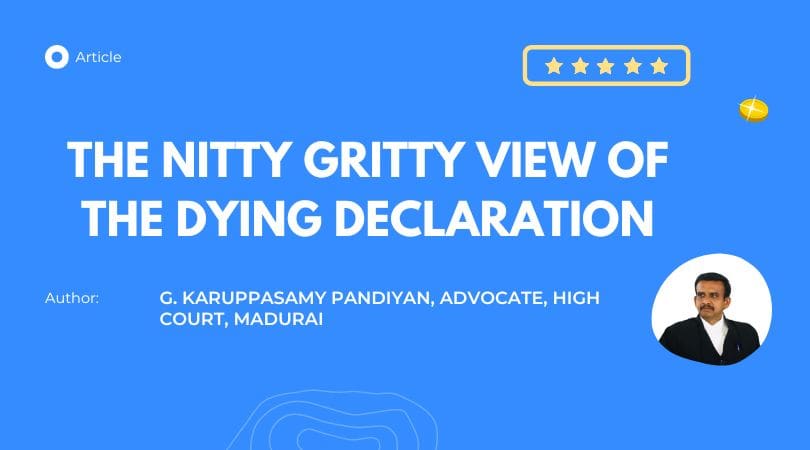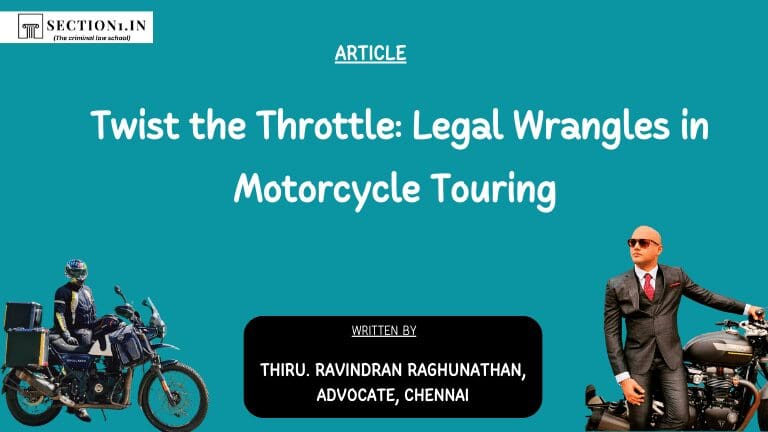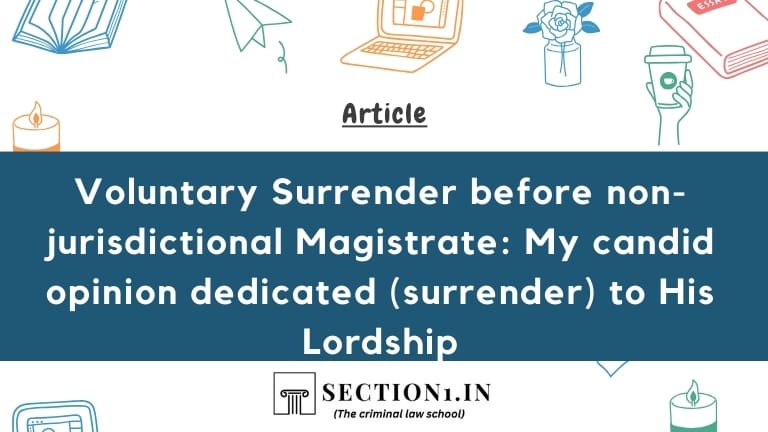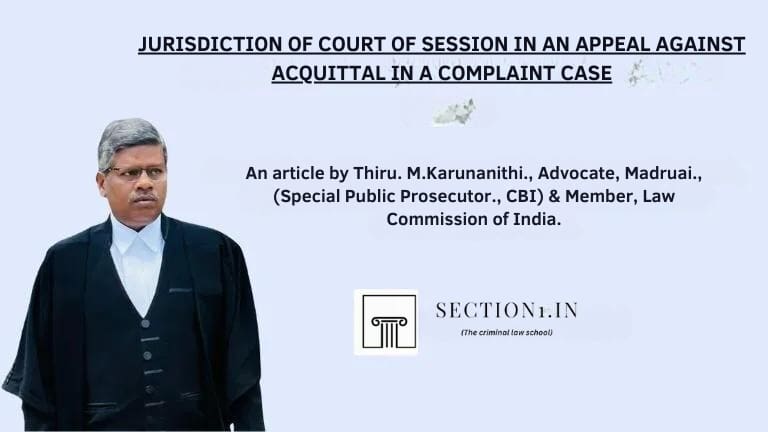The maxim “ Nemo moriturus. Persumit mentire”is basis for Dying Declaraion which means “ A man will meet not his maker with a lie in his mouth”. A Dying Declaration is called as “ Laterm mortem” which means words said before death. Recording of Dying Declaration is very important task and utmost care is to be taken while recording a Dying Declaration.
It is imperative to mention here that even though Dying Declaration has not been defined anywhere in the evidence Act. But section 32 of Evidence Act throws enough light pertaining to it. According to the Black’s law dictionary “ Dying Declaration” is the statement by a person who believes that death is imminent relating to the cause of circumstances of the imminent death.
DISTINCTION BETWEEN INDIAN LAWS AND ENGLISH LAWS ON DYING DECLARATION
At the outset I would begin to point out that in English law Dying Declaration is admissible only in criminal cases. But in India, it is admissible in both civil and criminal cases (or) any other proceeding in which the cause of death of the injured is relevant.
LEGAL SANCTITY OF DYING DECLARATION
The Dying Declaration is one of the exceptions to the Rule of hearsay.
The Dying Declaration is nothing but substantive evidence and this can be sole basis for conviction when it inspires confidence of the court and trustworthy.
It is well settled that there is no absolute rule of law “that the Dying Declaration cannot from sole basis of conviction unless it is corroborated”. The rule requiring corroboration is merely rule of prudence (Refer Paniben Vs State of Gujarat (1992) 2 SCC (Crl) 403.
IF THE DECLARANT SURVIVES
If the person making the dying declaration survives, then such statement would not be admissible under section 32 of the Evidence Act, rather such statements may be admissible under section 157 of the Evidence Act (refer Suresh Chandra Jan Vs State of WB 2018 2 SCC (Crl) 187)
FORMS OF DYING DECLARATION
The Constitution Bench of the Hon’ble Apex Court in Laxman Vs State of Maharastra, reported in 2002 (6) SCC page 710, held that A Dying Declaration can be oral or in writing and any adequate method of communication whether by words or by signs or otherwise will suffice provide the indication is positive and definite. There is no requirement of law that a dying declaration must necessarily be made to a Magistrate and when such statement is recorded by a Magistrate and when such statement is recorded by a Magistrate there is no specified form for such recording. What is essentially required that the person who records a dying declaration must be satisfied that the deceased was in a fit state of mind. When it is proved by the testimony of the Magistrate that the declarant was fit to make the statement even without examination by the Doctor, the declaration can be acted upon provided the court ultimately holds the same to be voluntary and truthful.
WHO MAY RECORD DYING DECLARATION?
Any person can record Dying Declaration. It is not necessary that only Government Employee, Magistrate or Police or competent person should record it.
EXCEPTIONS TO THE DYING DECLARATION
1) If the cause of death of a person is not in question. If the deceased made statement before his death about anything except this cause of death.
2) Inconsistent dying declaration lacks evidentiary value.
3) Incomplete Dying Declaration is not admissible.
4) If declarant made more than one Dying Declaration and all are contradictory, then those all Dying Declarations would lose their value.
CONCLUSION
It is essential to the admissibility of the Dying Declaration first that when they were made the declarant should have been in actual danger of death, secondly that he would then have had a full apprehension of the danger and lastly that death should have occurred.






